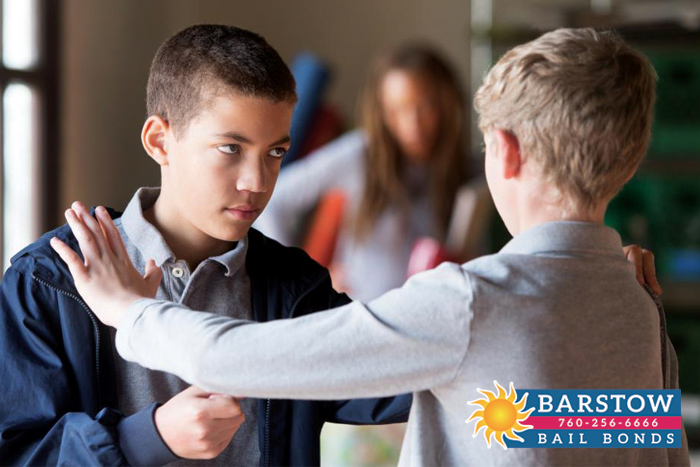
03 Sep What to Do If Your Child Is Being Bullied

As a parent, one of the most heartbreaking things that can happen to your child is for them to come home from school one day and tell you that they are being bullied. At first you might feel angry, “How could someone pick on, tease, or taunt my child? Their parents should have taught them better. I am going to call the school right now and get their number so I can give them a piece of my mind.”
As unfortunate as it may be, bullying is somewhat common now days. According to a study completed by the U.S. Department of Education on 2015, 22% of students ages 12-18 were bullied during the 2012-2013 school year. A staggering 20% if high school students also reported being bullied on school grounds in the past 12 months.
The study also revealed that boys are more likely to be physically bullied, while girls are more likely to be verbally bullied, face exclusion, and experience cyberbullying. The silver-lining of the study found that even though bullying is most common in elementary school, the likelihood that your child will be bullied decreases throughout middle and high school.
Now that you have some statistics about bullying, you’re probably thinking back to the original scenario. What are you, as a parent, supposed to do if your child is one of the 22% of students that experience bullying? It can be hard to know what to say, but the most important thing to do is make sure they know you are there for them. You should not ignore the situation, but rather sit down and discuss what is going on with them. They need to know that their voice is being heard, someone cares about them, and that they are not alone.
Your parental instincts might tell you to have the child fight back or stand up for themselves, but that’s not always the best choice. Rather, take a stance against the bully together by letting them know you want to help and that you will get through the situation together. No matter the age, being bullied is never fun and can be painful to deal with. No matter what, make sure your child knows they are not alone and you will with fight it together.
